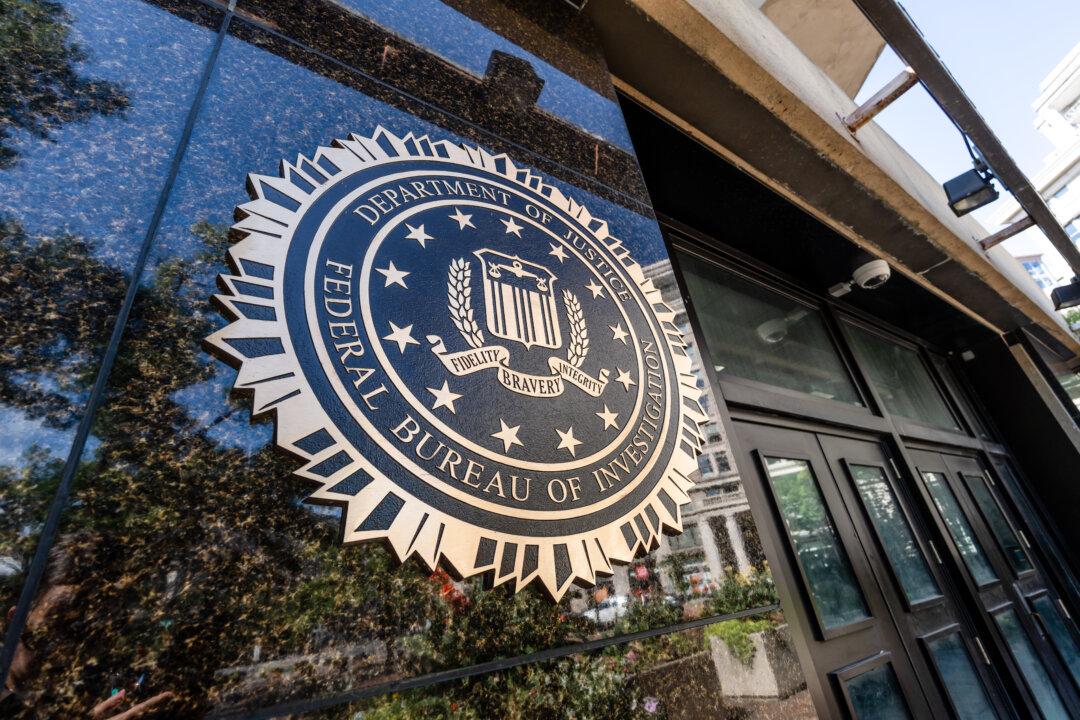The FBI and several other federal agencies issued a joint advisory on a ransomware service and website that has targeted 210 organizations in recent months.
In a joint bulletin released on Aug. 29, the FBI, the Cybersecurity and Infrastructure Security Agency (CISA), and the Department of Health and Human Services said that a ransomware gang called RansomHub has been behind at least 210 successful cyberattacks since February, targeting industry sectors involving water, wastewater, information technology, health care, government services, and more.





